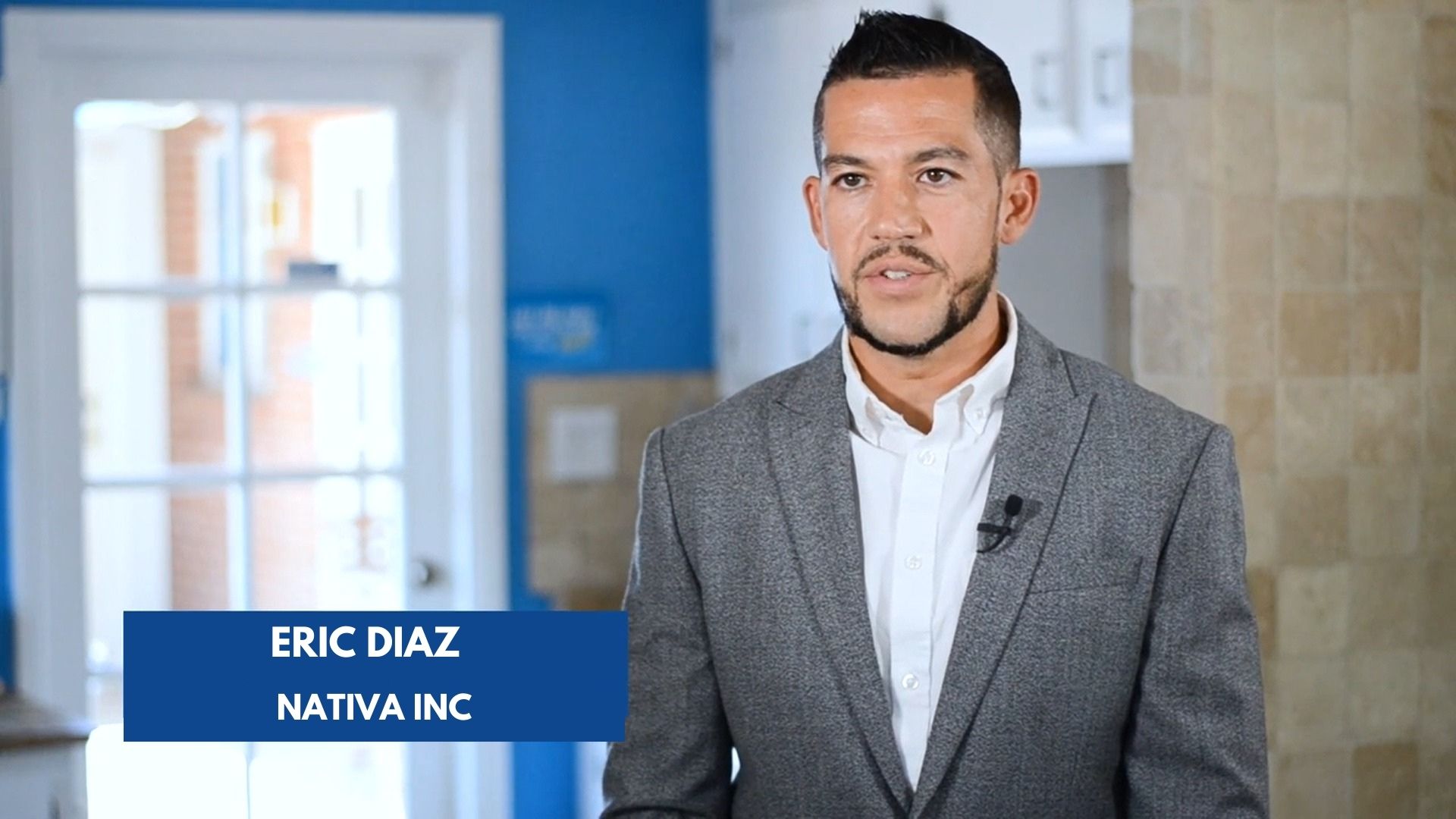Recertification for the SBA 8a Program
As part of Nativa having received accreditation from the United States SBA as an experienced small business whose owners are socially and economically disadvantaged, Nativa owner Eric Diaz recently had to share personal stories of the obstacles he has faced along the way.
Along the way to becoming President of Nativa, Eric has encountered significant hurdles stemming from racial discrimination throughout his life. Raised in Columbus, Ohio, Eric’s upbringing was shaped by the struggles faced by his entrepreneurial mother, an immigrant from Peru. From an early age, biases based on his appearance and cultural background were a constant presence in his life. Similarly, when he launched Nativa in Ohio, situated in an area with a limited Latino community, these racial challenges persisted. These instances are just fragments of a larger narrative where Eric has repeatedly faced situations where others’ intentions were doubtful or unfair.
Despite these trials, Nativa remains resilient. Rather than allowing setbacks to hinder their progress, the company persists in its mission to innovate and develop cutting-edge technologies, including advancements in AI. Their perseverance in the face of adversity serves as a testament to their unwavering determination and resilience.
Q&A about Racial Challenges Founders Face with Eric Diaz of Nativa:
Q: Eric, could you narrate a pivotal incident that highlighted the challenges faced by Nativa due to your ethnicity?
A: “Circa 2015, at the Hispanicize Conference in Miami, a Co-Founder from a Chicago-based tech firm approached my team after our pitch. Instead of critiquing our technology, they openly doubted our capabilities as Latino founders. It left us reserved, fearful of encountering similar biases.”
Q: How did this encounter affect Nativa’s trajectory and confidence in pitching ideas?
A: “The incident instilled fear and hesitation. We at times were reluctant to present our technology assertively. It hindered potential partnerships and opportunities due to the fear of encountering biases solely based on our ethnicity.”
Q: How do biases like these affect the broader entrepreneurial landscape?
A: “It’s a pervasive barrier faced by many minority entrepreneurs. It’s not just about us; it’s about the systemic hurdles hindering growth for ventures led by underrepresented communities.”
Q: Eric, reflecting on your journey, can you recall another incident that significantly impacted Nativa’s progress as a minority-led venture?
A: “In 2016, a pivotal moment occurred when engaging with a potential investor. After over 1 year of negotiations, the investor presented highly unfavorable terms and patronizingly suggested our company ‘should be grateful,’ seemingly referring to me being a Hispanic founder. This incident was a clear case of discriminatory behavior, pointing to challenges faced specifically due to ethnicity.”
Q: How did the encounter with a potential investor affect Nativa’s operations and decisions in the long term?
A: “The impact was immense; it made us wary of future offers, hindering our ability to consider potential funding opportunities confidently. It created a barrier to growth and development for Nativa.”
Q: Eric, given these racial challenges, how do you envision overcoming biases in the entrepreneurial landscape for ventures led by underrepresented communities?
A: “We need systemic change, a shift in how biases are recognized and addressed. It’s about fostering an environment where capabilities are valued above ethnicity—a landscape that truly embraces diversity and inclusivity.”
Summary of Racial Challenges Faced by Diverse Founders
Eric’s experiences underscore the pressing need for change in the entrepreneurial landscape. His journey reflects the broader racial challenges faced by minority-led ventures, highlighting the detrimental impact of biases. Nativa calls for a paradigm shift through resilience and advocacy—a landscape where inclusivity prevails, allowing ventures from underrepresented communities to thrive without the shackles of discrimination.




